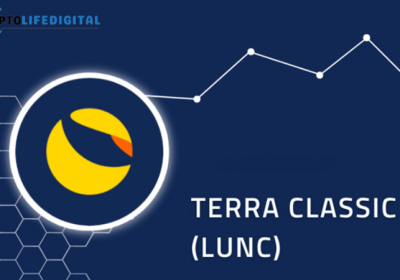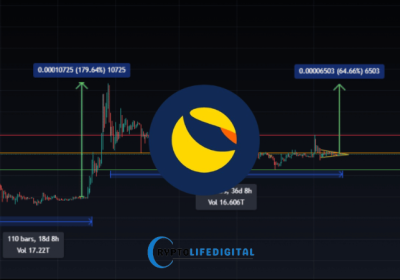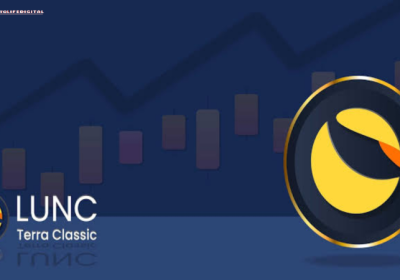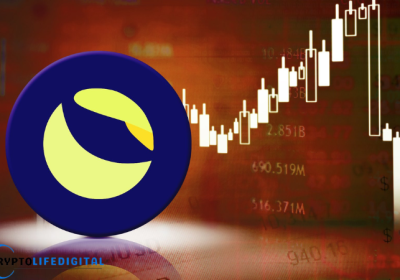CZ of Binance Expresses Concerns Over 1.2% Burn Tax for LUNC, Advocates for 1.5% Tax to Sustain Interest
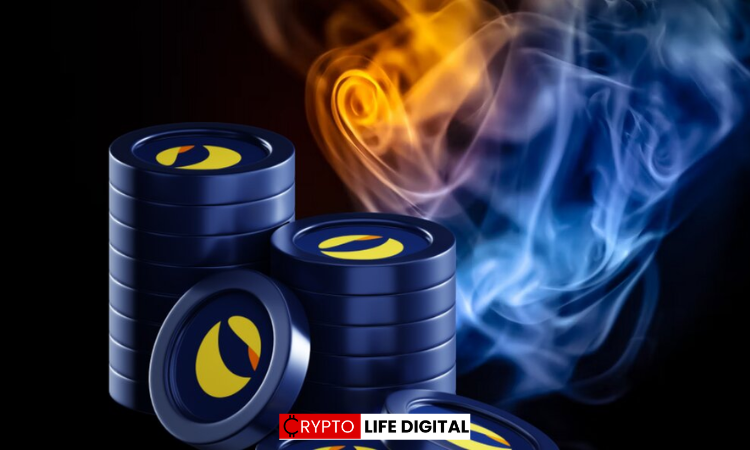
Changpeng Zhao (CZ), the CEO of Binance, has taken to Twitter to share his thoughts on the potential impact of a burning tax on LUNC (Terra Classic). CZ expressed scepticism about the effectiveness of a 1.2% burn tax, suggesting that whales might lose interest. Instead, he proposed a 1.5% burn tax as a more viable option to sustain interest and incentivize active participation in the LUNC ecosystem.
Will 1.5% burn tax be good or bad for #LUNC?#cz said 1.2% tax won't work. #Whale will lose interest . What do you think? pic.twitter.com/zRbVua2ieg
— Terra Luna army ™🦈 (@terra_army) December 20, 2023
LUNC, the native token of the Terra Classic blockchain, has been considering the implementation of a burning tax to manage tokenomics and incentivize long-term holders. The burn tax is a mechanism where a percentage of each transaction is permanently removed from circulation, contributing to deflationary pressures and potentially impacting token value.
Read Also: Terra Classic (LUNC) Community Rejects USTC Burn Proposal Amid Legal and Technical Concerns
CZ emphasized the need for a carefully calibrated burn tax, stating that a 1.2% tax might not be sufficient to maintain the interest of larger holders, often referred to as “whales.” The tweet suggests that a higher burn tax, specifically 1.5%, would be more effective in preventing whales from losing interest and fostering sustained engagement.
Market Dynamics
The implementation of a burning tax is a critical decision for tokenomics, influencing how the circulating supply and demand for a cryptocurrency are managed. A well-designed burn tax can encourage long-term holding, reduce token supply, and potentially contribute to price appreciation.
Community Response:
CZ’s tweet has likely sparked discussions within the LUNC community and the broader crypto space. Community members may express varying opinions on the ideal burn tax rate, considering factors such as maintaining liquidity, attracting new investors, and preventing market manipulation.
Potential Impact on LUNC
The proposed adjustment from a 1.2% to a 1.5% burn tax indicates a recognition of the delicate balance required to sustain interest among different types of token holders. If the LUNC community adopts CZ’s suggestion and implements a 1.5% burn tax, it will be interesting to observe how the market responds and whether it achieves the intended goals of incentivizing participation and enhancing token value.
CZ’s tweet brings attention to the nuanced considerations involved in implementing a burn tax for LUNC. The ongoing dialogue within the community, coupled with insights from industry leaders like CZ, will likely contribute to a well-informed decision-making process. As the LUNC ecosystem evolves, finding the optimal burn tax rate remains a crucial aspect of shaping the token’s trajectory and ensuring a healthy and sustainable growth path.
Follow us on Twitter, Facebook, Telegram, and Google News

Dr. Olajide Samuel juggles the demands of medical studies with a passion for cryptocurrency. A seasoned blogger, Olajide shares his vast global knowledge of the crypto space, offering insights to enthusiasts. Despite his busy schedule, his commitment to crypto remains strong, and he actively seeks ways to contribute to its future.





